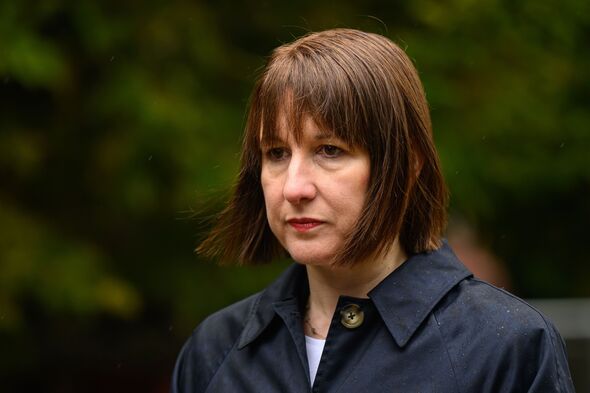
Plans to invest pension savings in risky assets could endanger the UK’s financial stability, the International Monetary Fund (IMF) has warned.
Chancellor Rachel Reeves suggested consolidating the UK’s pension schemes into larger pots to allow investment into high-growth, less liquid assets, but the IMF cautioned that this could strain the system.
The fund noted that if nervous savers pull their money out quickly, it could overwhelm the pension industry and lead to collapses, dragging down stock prices and triggering a dangerous chain reaction.
There are fears it could turn into a similar downfall as Neil Woodford, whose fund saw prices collapse when investors demanded their money back en masse.
In its latest Financial Stability Report, the IMF noted: “Liquidity stress could spill over to financial markets, especially those markets in which pension funds and insurers have a large footprint, such as government bonds, equities, and corporate bonds”.
It builds on ex-chancellor Jeremy Hunt‘s plans to help pension funds invest in high growth companies, who claimed funnelling a small amount of savers’ cash into these schemes would help to “deliver for savers and grow the economy”. However, both stressed they don’t want to force funds to invest in certain assets.
The IMF noted that some large private pension funds have recently been putting more money into illiquid assets – aka assets that aren’t as quick or easy to sell – like private equity and credit.
While it’s less common in the UK for investors to change their investments than in places such as Australia, which requires just a few days’ notice, the ability to switch investments quickly could still pose risks.
It said: “As clients holding these products bear any profits and losses of the underlying investments, providers of defined-contribution plans typically offer clients frequent opportunities to enter or exit investment options.
“This flexibility may exacerbate liquidity mismatches between the underlying assets – especially illiquid assets, such as private equity and credit.”
The IMF urged regulators to monitor investments closely.
















